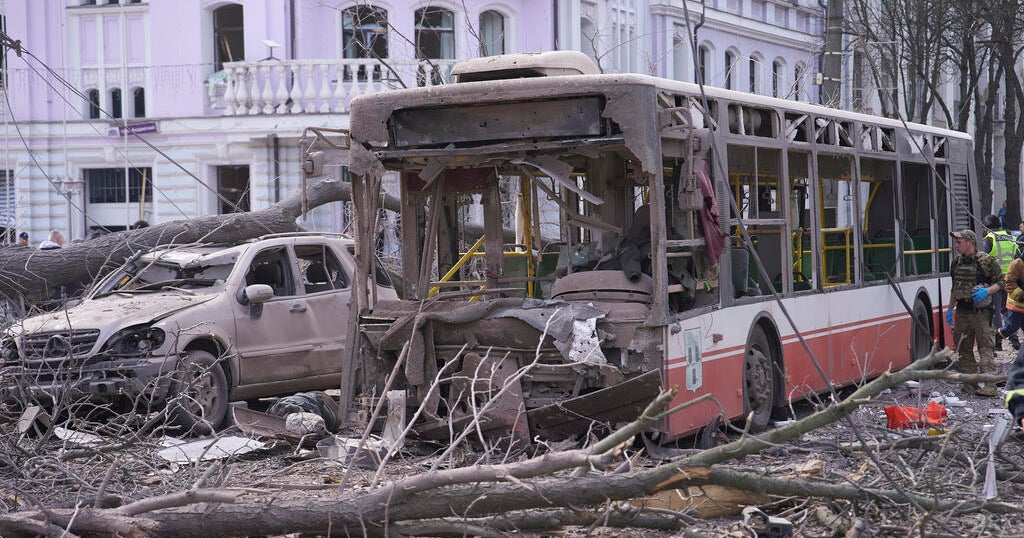Russian warplanes flying near Alaska tracked by U.S. military, NORAD says
Russian warplanes were detected flying off the coast of Alaska and tracked by the U.S. military, the North American Aerospace Defense Command said Tuesday. The Russian aircraft never entered American or Canadian sovereign airspace, NORAD said, adding that the planes were "not seen as a threat."
U.S. officials did not identify the type of Russian aircraft that were spotted nor the number of planes.
While the Russian planes remained in international air space, they entered a region beyond U.S. and Canadian sovereign air space called the Air Defense Identification Zone (ADIZ), where aircraft are expected to identify themselves.
The ADIZ is a stretch of international air space bordering the sovereign space around the U.S. and Canada, which both countries monitor in order to detect all aircraft passing through. Surveillance in the zone is maintained for national security reasons, NORAD says.
The incident comes less than three months after American and Canadian fighter jets were scrambled to shadow multiple Russian warplanes that were spotted in the Arctic. Several hours later, NORAD said it had dispatched two F-16 fighter jets from Alaska to Greenland, to "forward posture NORAD presence in the Arctic."
The U.S. military has reported Russian military activity near Alaska several times in recent months, most recently in February. In December, NORAD said four Russian military aircraft were detected flying close to the state.
The U.S. military also said Russian warplanes were detected near Alaska in September, when more than 100 U.S. soldiers were deployed temporarily to Alaska's remote Shemya Island. That deployment coincided with eight Russian aircraft and four navy vessels, including two submarines, traveling close to Alaska while Russia and China conducted joint military drills.
Last September, NORAD posted dramatic video of a Russian fighter jet flying close to a NORAD aircraft off the coast of Alaska. At the time, a U.S. general said "the conduct of one Russian Su-35 was unsafe, unprofessional, and endangered all."
In July 2024, the U.S. military said it had intercepted four Russian and Chinese bombers in international airspace off the Alaskan coast.



